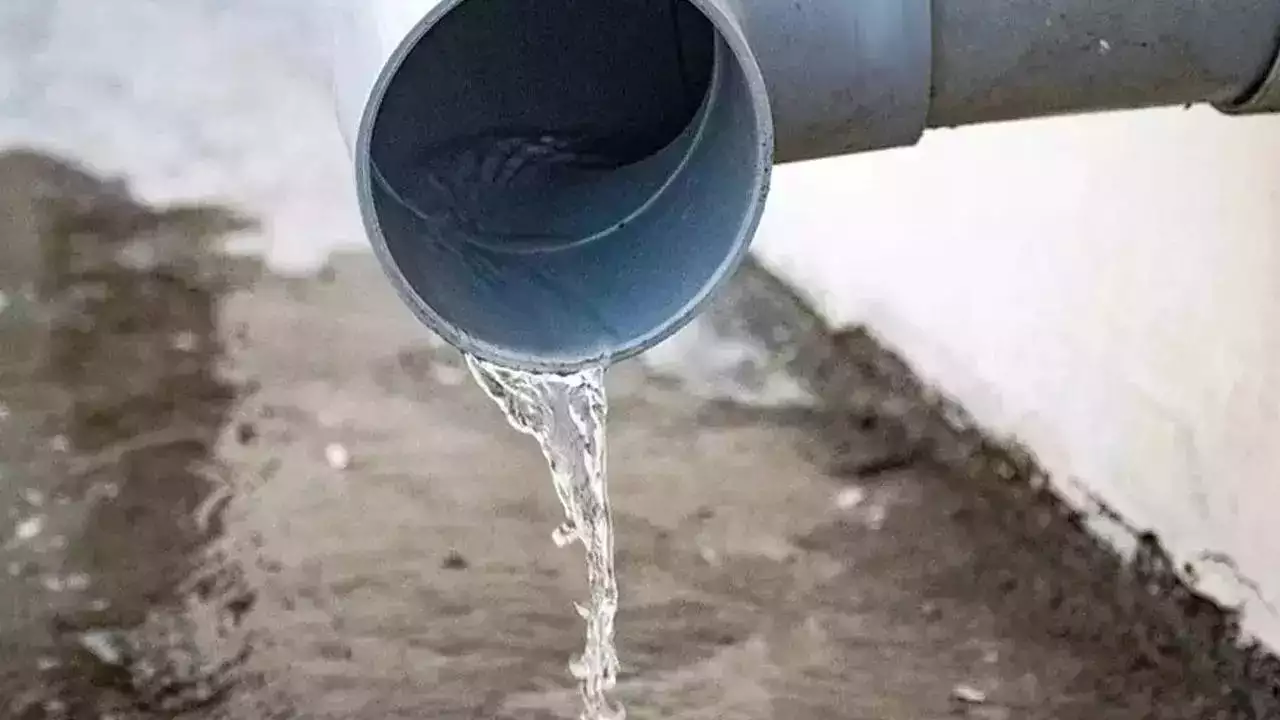Pune’s Sewage Plan Faces Delays in Trunk Line Construction
Pune Municipal Corporation (PMC) is progressing with the installation of sewage treatment plants (STPs) under the river rejuvenation project, but the city faces significant delays in constructing the necessary trunk lines. These trunk lines are essential for collecting sewage and transporting it to the STPs, where it can be treated before being released into the rivers. While the PMC has successfully completed 6 km of the planned 45 km trunk lines, the remaining work continues to lag, raising concerns about the project’s timely completion.
The river rejuvenation project aims to significantly reduce pollution in the city’s rivers by ensuring that untreated sewage is no longer directly discharged into them. This ambitious initiative is being carried out with the support of the central government, which secured a loan from the Japan International Cooperation Agency (JICA) to fund the project. The main objective is to provide a sustainable solution to the city’s sewage management problems, ensuring that the treated water is safely released into the rivers, improving their health and supporting the surrounding ecosystem.
While the construction of the STPs has progressed well, with nine out of 11 plants nearing completion, the sluggish pace of trunk line construction has raised alarms among local stakeholders. Chandrakant Patil, the Kothrud MLA and cabinet minister, expressed concern during a recent review of the project, urging the PMC to expedite work on the trunk lines. The delay in laying these crucial pipelines threatens to undermine the overall success of the project. Patil emphasised the importance of aligning the completion of trunk lines with the near-final stages of the STPs to ensure that the sewage treatment process is fully integrated and operational.
Jagdish Khanore, head of the PMC sewage department, assured the public that efforts to speed up trunk line construction are underway. The PMC is committed to ensuring that the project does not face further delays, with a focus on meeting its deadlines. The completion of the trunk lines is integral not just to the river rejuvenation project but also to Pune’s broader urban infrastructure development. The timely completion of these lines is essential for maintaining environmental sustainability and addressing the city’s growing population and urbanisation.
From an environmental sustainability perspective, the PMC’s river rejuvenation project holds great promise for improving water quality and supporting a cleaner, greener Pune. By treating sewage before it enters the rivers, the city can reduce pollution, improve aquatic life, and enhance the health and well-being of its citizens. However, the delay in trunk line construction underscores a critical issue faced by urban development projects — the challenge of balancing rapid growth with effective infrastructure planning. As cities expand, it becomes increasingly important to ensure that essential services such as sewage treatment are prioritised, alongside other urban demands.
In conclusion, while the progress on sewage treatment plants under Pune’s river rejuvenation project is commendable, the delay in trunk line construction remains a significant concern. The PMC’s swift action to accelerate trunk line work will be crucial in ensuring that the project meets its environmental goals and enhances the city’s long-term sustainability. The successful implementation of this project could serve as a model for other urban centres grappling with similar challenges, emphasising the importance of coordinated planning and timely execution in urban infrastructure development.


